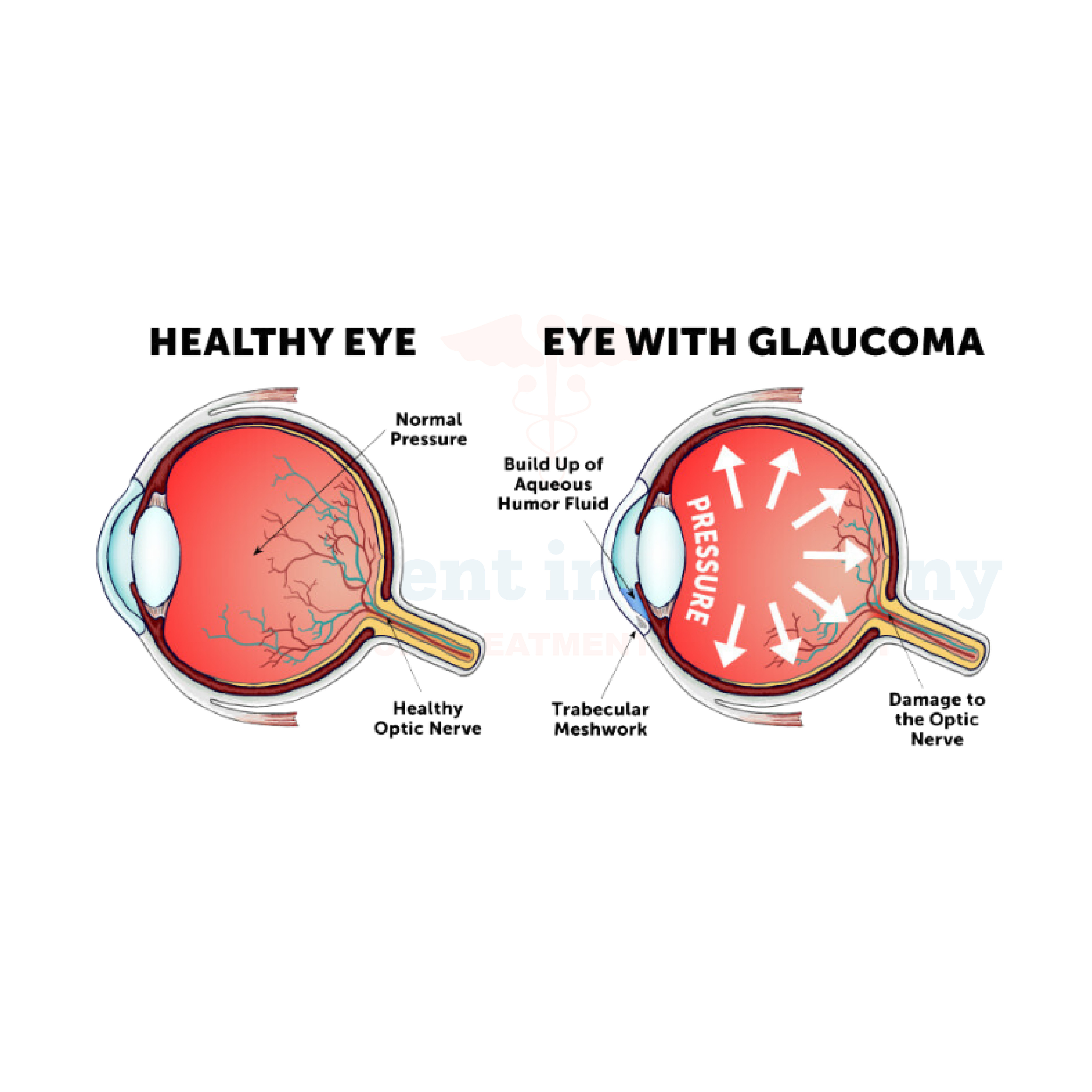What is Glaucoma?
Glaucoma is a group of eye diseases that can damage the optic nerve and lead to vision loss or blindness if left untreated. It is often associated with increased pressure inside the eye, known as intraocular pressure (IOP), which can damage the optic nerve fibers that transmit visual information to the brain.
Glaucoma is a progressive condition that can develop slowly over time, often without noticeable symptoms in the early stages. Therefore, regular eye examinations are crucial for early detection and treatment.
Side Effects of Glaucoma
The most common side effect of glaucoma is gradual and irreversible vision loss. Initially, peripheral vision is affected, leading to tunnel vision in advanced stages.
Other potential side effects include eye pain, redness, halos around lights, and nausea or vomiting in acute cases of high IOP (known as acute angle-closure glaucoma).
How is Glaucoma Diagnosed?
Diagnosis of glaucoma typically involves several key steps:
Early diagnosis is critical to prevent vision loss, as damage caused by glaucoma cannot be reversed.
Potential Treatment of Glaucoma
Treatment options aim to lower IOP to prevent further damage to the optic nerve. Treatment may include:
👉 Contact us for further information and receive a complimentary consultation.


.webp)
 (1).webp)

.webp)
 (1).webp)


.webp)
 (1).webp)

.webp)
 (1).webp)
